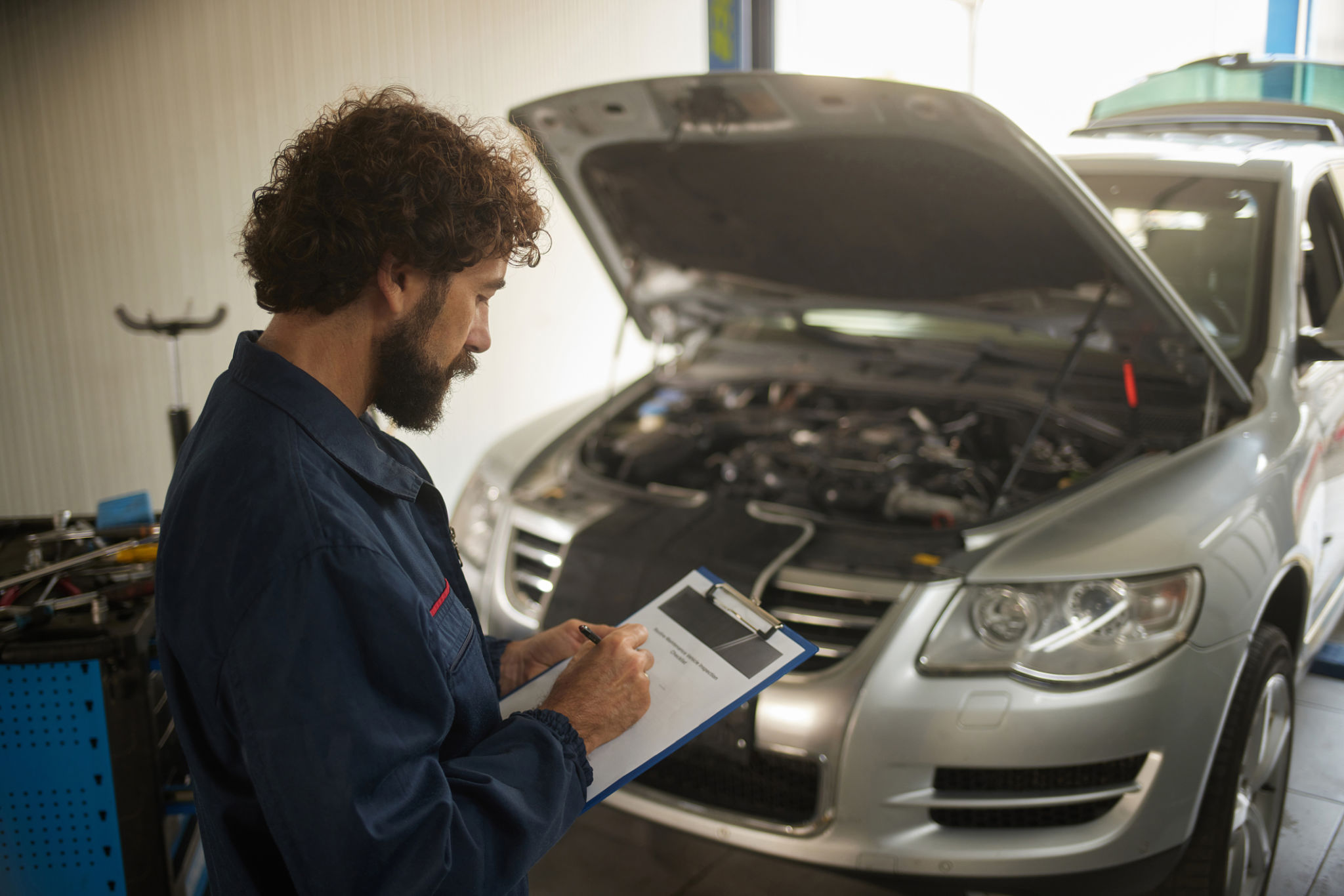DIY Car Diagnostics: When to Seek Professional Help
Understanding DIY Car Diagnostics
In today's digital age, car owners have more tools than ever to diagnose vehicle issues themselves. With an array of DIY car diagnostic tools available, identifying problems has become more accessible. However, it's crucial to know when it's time to put down the tools and seek professional assistance.
Modern vehicles are equipped with complex systems that require specialized knowledge to repair correctly. While DIY diagnostics can be a great first step, not all issues can be easily resolved without expert intervention.

The Advantages of DIY Diagnostics
DIY diagnostics can save you time and money by allowing you to identify minor issues before they become major problems. Many devices can be connected to your car's onboard computer, providing real-time data about engine performance, fuel efficiency, and potential faults.
Using these tools, car owners can perform simple checks like oil levels, tire pressure, and battery health. This proactive approach can prevent costly repairs and extend the life of your vehicle.
When to Seek Professional Help
While DIY diagnostics are incredibly useful, there are times when professional expertise is necessary. Here are some situations where seeking a mechanic's help is advisable:
- Complex Electrical Issues: Modern cars have intricate electrical systems. Diagnosing and repairing these systems without expert knowledge can lead to further damage.
- Persistent Warning Lights: If your car's dashboard warning lights persist after a DIY attempt, it may indicate a more serious underlying issue.
- Strange Noises: Unusual sounds can be a sign of significant mechanical problems that require professional attention.

Benefits of Professional Diagnostics
Professional mechanics have advanced tools and the experience needed to accurately diagnose and fix complex car issues. They can access manufacturer-specific data and software that is not available to the general public.
By seeking professional help, you ensure that repairs are done correctly and safely, maintaining the integrity and warranty of your vehicle. Mechanics can also provide valuable advice on car maintenance and future prevention.
How to Choose the Right Professional
When it's time to consult a professional, choosing the right mechanic is crucial. Look for certified, reputable service centers with positive customer reviews. It's beneficial to find a mechanic who specializes in your car's make and model.
Ask questions about their diagnostic process and ensure they use up-to-date technology. A good mechanic will explain the issues clearly and provide transparent pricing for any repairs.

Conclusion
DIY car diagnostics are an excellent way to understand your vehicle's health and address minor issues. However, recognizing when to seek professional help can save you from expensive and potentially dangerous mistakes. By balancing DIY efforts with expert guidance, you can keep your car running smoothly and safely.
